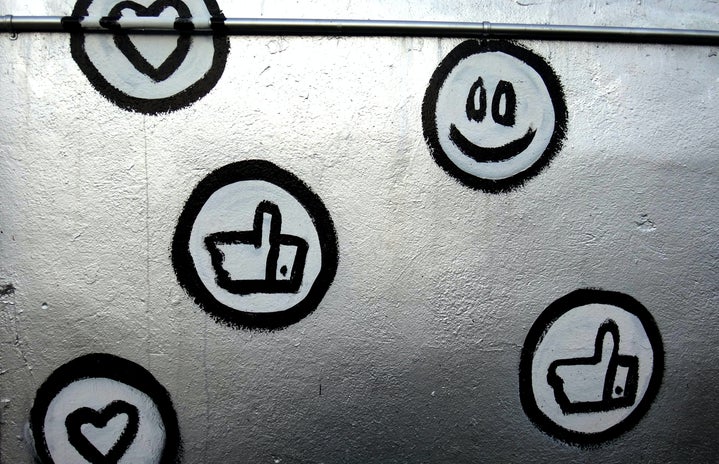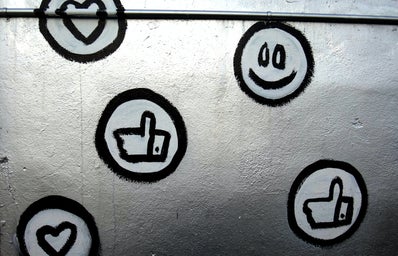With members of older generations disturbed by a shift away from what they knew as “the good old days”, and young adults annoyed with subsequent attacks, it was only a matter of time before the two groups clashed. Last week, Twitter erupted with a new hashtag bashing the very individuals who rule social media: Millenials. What seemed like a good way for Baby Boomers and Generation X to voice common complaints of millenial culture quickly turned ugly, backfiring into a simple commentary on contemporary social and political conflicts in America.
Initially, the hashtag was used innocently:
Soon, however, posts turned malicious. @1andrewfenton started the party by highlighting perceived laziness: and @MarshallSbar indicates below that even if millenials aren’t confused about the job application process, they’re sure to be perplexed at the notion of working overtime:
However, @MarshallSbar’s remark just doesn’t match up with the facts. Currently, 6.5 million millenials work overtime, and many of them aren’t even guaranteed to receive overtime compensation. Oftentimes, they put in extra work in the hopes it will secure their employment position for the future. This means millenials are disproportionately receiving less compensation than any other generation, simply because they fill lower ends of the wage spectrum and aren’t protected by policies that apply to more senior employees. Yet, they’re consistently blamed for having a poor work ethic. Needless to say, a millennial-style clap back was inevitable, highlighted in John Haltiwanger’s post:
@TVsCarlKinsella spotlighted a related conundrum millenials face, explaining how unpaid internships may be one reason why millenials aren’t able to keep up with previous generations: Unfortunately, moving out of a family home by purchasing your own (once a foolproof symbol of the classic American dream) seems more unattainable to millenials than ever before. Unpaid interns may gain experience, but say they don’t gain the financial stability that would allow them to make large investments or even build up credit to help along the way. However, the vilification didn’t stop there. While tension has always existed between generations, the inflammatory rhetoric behind this hashtag suggests that current pressure seems to have reached an all-time high. As a result, this constant strain goes beyond leaving millenials in a sweeping economic downturn or criticizing their apathy. Lifestyle disaproval, particularly involving excessive technology dependence and (ironically) social media usage, prompted generational predecessors to lash out even harder.
@TheLordHasSpoke chose to indict not only a reliance on technology, but also millennial intellect: Once again, attempts to demonstrate their alleged naïveté were unsuccessful. Millenial @bringbackjozea quickly tweeted a witty response:
And @aolanibani pointed out more severe, life-threatening hypocrisy:
While millenials are no doubt dependent on smartphones and nonstop internet access, so too have older generations enjoyed technological advancement to the point of necessity. It’s no wonder millenials are frustrated. Perhaps @WaladShami sums it up best:
Generational difference is unavoidable, even when many believe there’s no reason for confict. But confusing a millennial with a hashtag? It just might be #impossible.
http://elitedaily.com/social-news/twitters-war-over-how-to-confuse-a-millennial/1600979/


